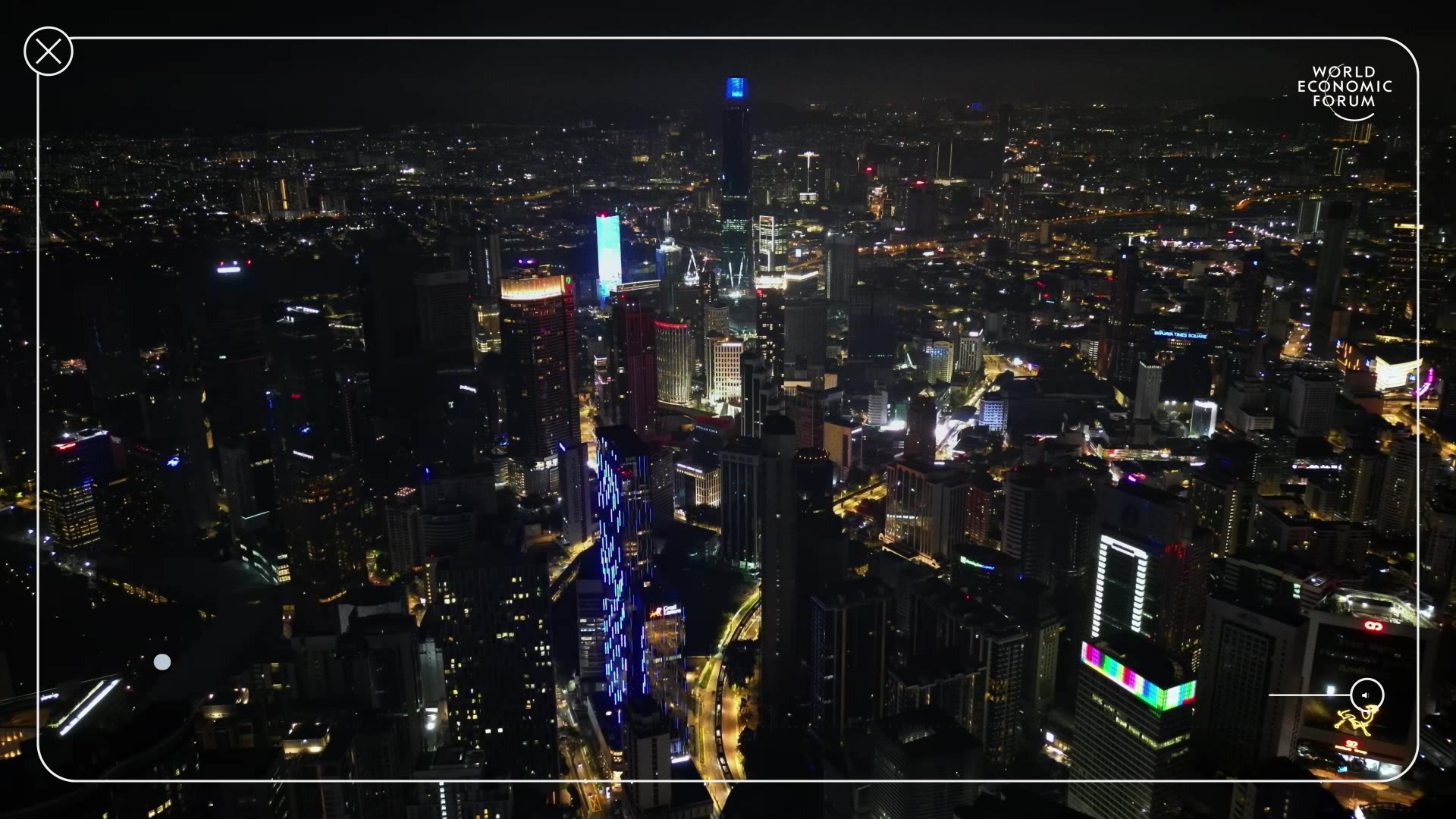New York's street lights could soon have Wifi

New York City is fitting wifi to it's street lights in order to help those living below the poverty line. Image: REUTERS/Gary Hershorn

Get involved with our crowdsourced digital platform to deliver impact at scale
Stay up to date:
United States
Street lights in New York City could soon be outfitted with public high-speed wifi capabilities.
New York City Mayor Bill de Blasio is exploring a plan that would increase Internet access across all five boroughs in the city.
While the plan is still in its early stages and it remains unclear whether the wifi would be a free or paid service, it fits with de Blasio’s goal of ensuring “affordable, reliable, high-speed” Internet is accessible to all residents by 2025.
Mayor de Blasio requested information about expanding Internet access in November 2017. One in five New Yorkers lacks an Internet connection at home, and among residents living below the poverty line, the figure rises to one in three, according to city officials.
LinkNYC kiosks built around the city have already brought wifi hotspots and charging ports to many sidewalks, but tapping into the existing street lights would take the concept to a much larger scale.
“The humble light pole is actually one of the city’s most crucial pieces of public infrastructure,” city spokeswoman Kate Blumm said. “We’re continuing to explore how this basic street furniture will be part of our 21st-century city.”
New York wouldn’t be the first city to unlock the potential of street lights. Barcelona, the most connected city in the world, had street lamps with wifi capabilities in 2015.
Some lights in New York already have wifi, and about 6,400 poles are reserved for corporate use. Telecommunications companies pay several hundred dollars a month per light pole, indicating that the use of street lights could provide a growing revenue stream for the city.
However, regulations proposed by the Federal Communications Commission could limit the control cities have over street lights as 5G connectivity spreads, including a cap on the amount municipalities can charge companies to use light poles.
In the early stages of this New York City plan, it’s unclear what sort of cost converting street lamps would pose to taxpayers.
This initiative would position the city to compete with local Internet providers like Spectrum, Optimum, and Verizon, a source told the New York Post, in order to provide Internet access to low-income communities. The city sued Verizon last year after the company failed to offer its fiber-optic FiOS service to all residents.
Don't miss any update on this topic
Create a free account and access your personalized content collection with our latest publications and analyses.
License and Republishing
World Economic Forum articles may be republished in accordance with the Creative Commons Attribution-NonCommercial-NoDerivatives 4.0 International Public License, and in accordance with our Terms of Use.
The views expressed in this article are those of the author alone and not the World Economic Forum.
The Agenda Weekly
A weekly update of the most important issues driving the global agenda
You can unsubscribe at any time using the link in our emails. For more details, review our privacy policy.
More on Urban TransformationSee all
Lisa Chamberlain
April 25, 2024
Victoria Masterson
April 17, 2024
Fatemeh Aminpour, Ilan Katz and Jennifer Skattebol
April 15, 2024
Victoria Masterson
April 12, 2024







